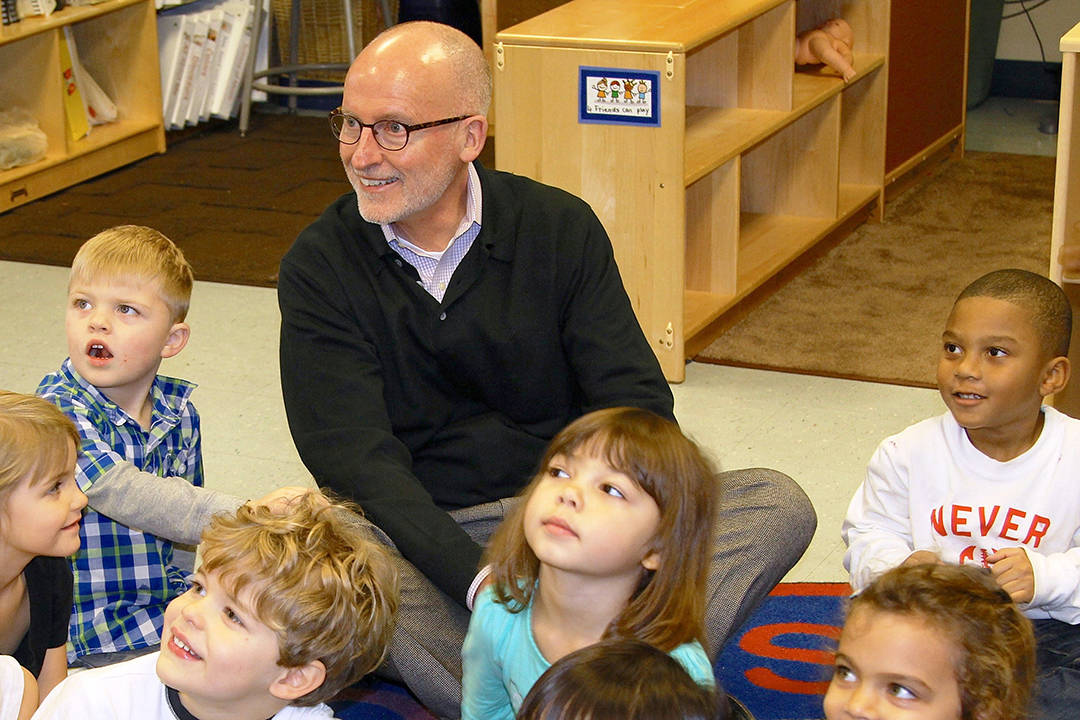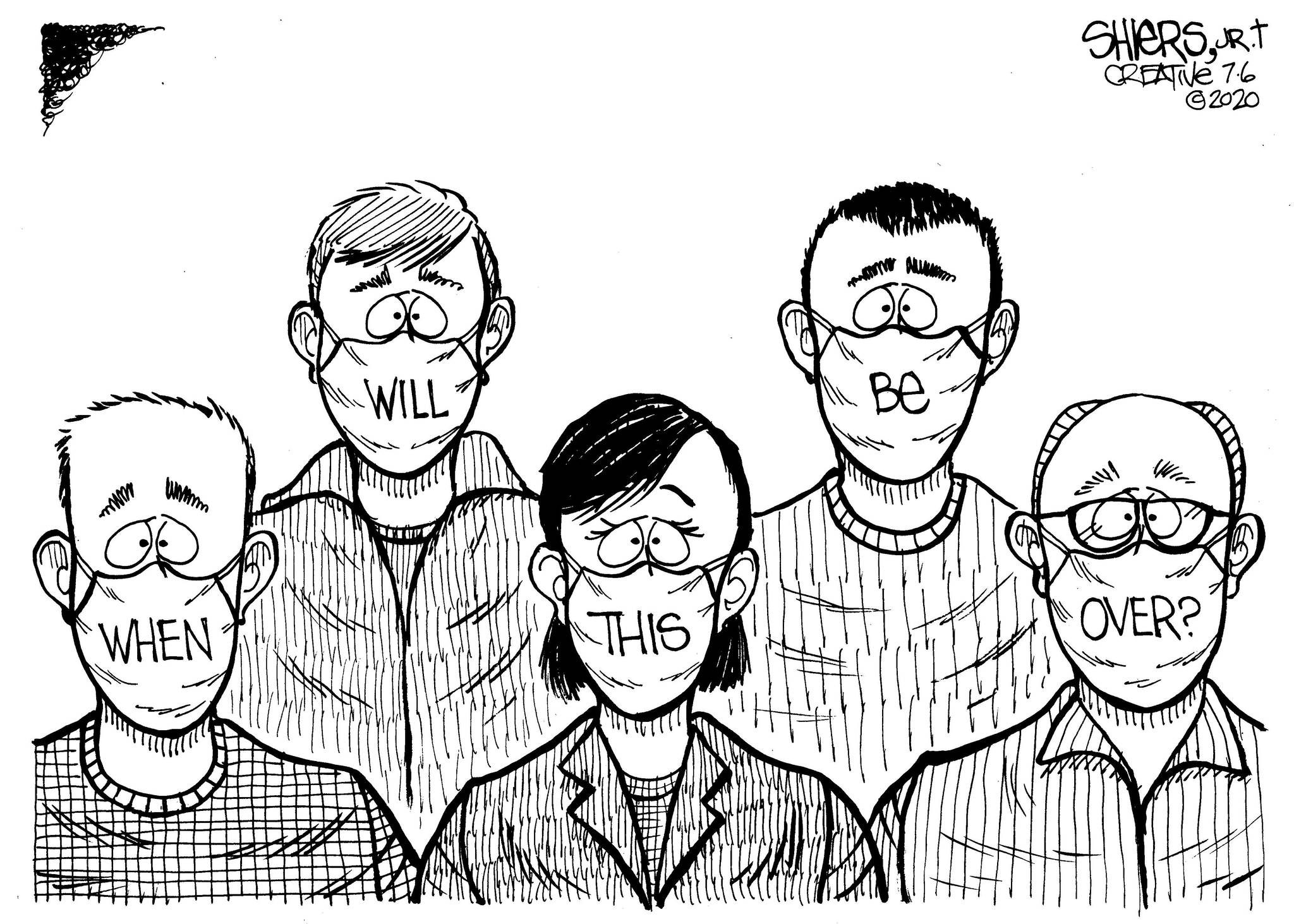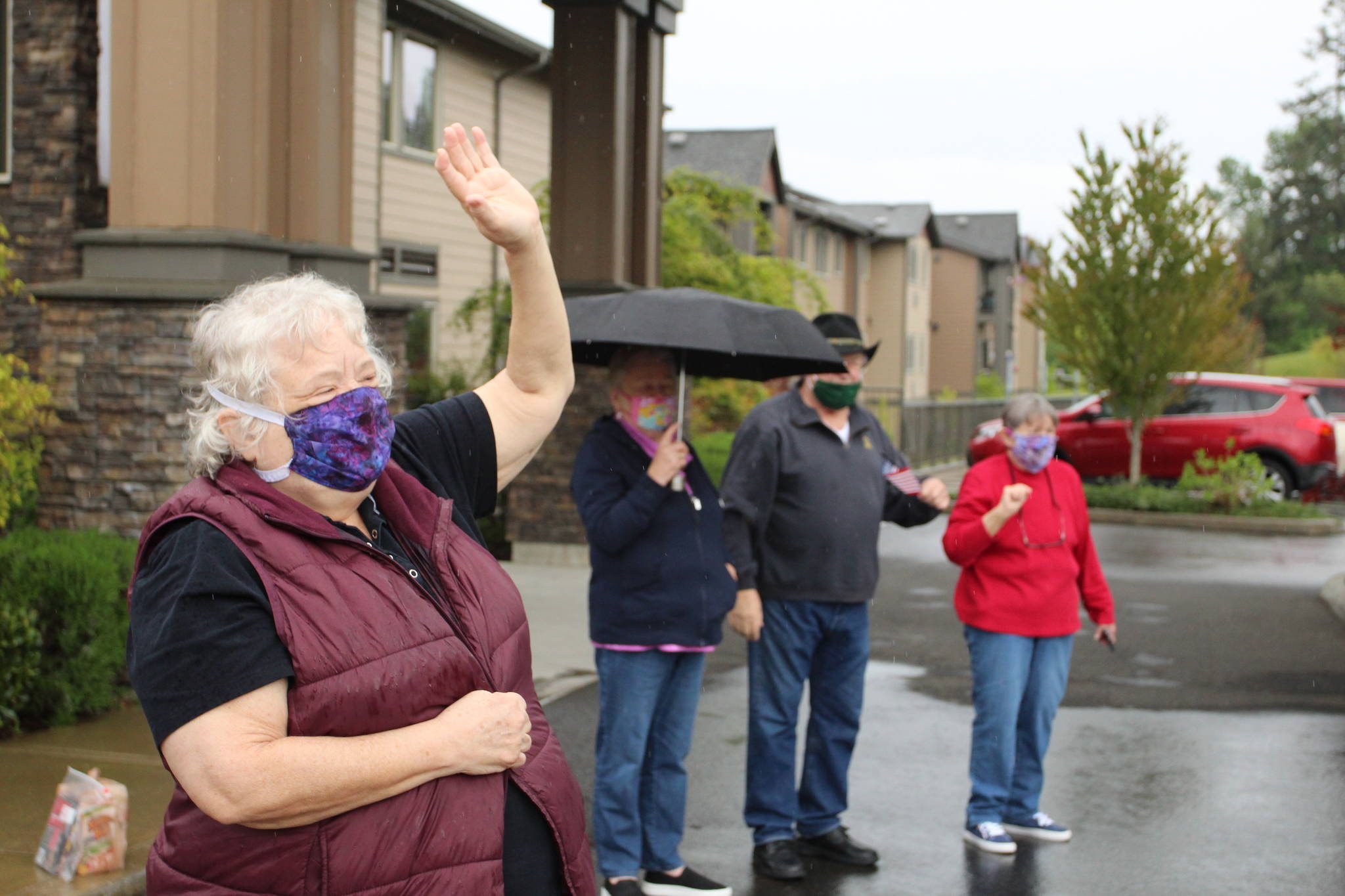As Tim Burgess’s service as an elected official came to an end late last year, I heard many city leaders expressing gratitude for my former boss. They listed his accomplishments during his brief service as mayor and his more considerable time as a member and then president of the Seattle City Council. I believe I was not the only person reflecting on what it means “to make a real difference” in city government. The answer could be a powerful guide for our new mayor as she enters the New Year.
Today, many city officials speechify about national issues as if they were running for Congress. They seem focused on anything other than the core business of city government. That’s a shame because, as Tim Burgess said at the event honoring his public service in early December, city government is where you are closest to the people. Keeping them safe, providing clean water, keeping the lights on, fixing the roads—a “high calling” of serving your neighbors.
So what makes a real difference? I believe there are three measures to consider when evaluating the success of a city program or policy: It must be proven to work based on the evidence—it’s not just throwing money at a problem because an interest group lobbied; the improvement must then be institutionalized, meaning that it is codified and not easily undone by the next budget cycle; and the improvement must change a system or creates a ripple effect, positively impacting other programs.
Here are four recent changes that might not have lasted long in the headlines but are making a lasting difference in the lives of the citizens they impact:
Requiring results for homeless programs. While city leaders increase funding for homeless programs every year, it was the city officials committed to effectiveness and positive outcomes that made a real difference. This year city staff convinced leadership to require results through performance-based contracts. House the homeless or we will reinvest the money in organizations that can. As Burgess said, “Business as usual is no longer an option. The scale of the human crisis that we face requires that we set high standards for accountability.” While some criticized certain homeless strategies receiving funds this year, that’s the beauty of requiring performance: if a program doesn’t work, reinvest the tax dollars into other best practices.
Empowering the police chief to appoint her own assistant chiefs. Appointing Kathleen O’Toole as police chief was the best personnel decision made by city leadership in the last four years. But people leave. The more lasting change was codified by Burgess, a former police officer. Burgess recognized that a 35-year-old policy preventing police chiefs from hiring their own command staff repelled the best candidates and handcuffed any chief’s ability to implement reforms. So Burgess fixed the law by quietly crafting Ordinance 124415. Whoever becomes our new police chief will benefit and so will our city.
Demanding efficiency from Seattle’s public utilities. For the first time in recent memory a councilmember, Lisa Herbold, made a city agency reduce costs in order to benefit regular people. She also made those profiting from the city’s growth pay their fair share to connect to utility services, adopting a best practice seen in cities throughout the country. While the effort fell short because utility rates are still increasing too quickly and the city still makes ratepayers (the people) inappropriately subsidize other government agencies, Herbold set a positive precedent for other city officials to find savings within the city’s $5 billion budget. Freeing up dollars from inefficient or ineffective programs enables us to invest in what works and/or to reduce financial burdens on city residents.
Creating the Department of Education and Early Learning (DEEL). Crafting the Seattle Preschool Program, with its commitment to high-quality, was a nationally recognized accomplishment and is improving the lives of low-income children. But it was the creation of a new city department that forged a powerful continuum of learning programs to benefit Seattleites from cradle to college. The creation of DEEL smartly shifted the focus away from just supplementing a family’s income to providing life-long benefits through education. To thrive instead of survive. And the DNA of DEEL is a model for city government: DEEL measures and produces outcomes and sticks to high-quality, evidence-based programs.
There is more work to be done. Here are four more changes city leaders should implement to make a real difference: Expand the high-quality Seattle Preschool Program to close the achievement gap, charge impact fees to help build public elementary schools, revive grassroots neighborhood planning so that residents have a real voice in our growing city, and reform pensions for new city government employees to free up dollars for public safety and homelessness prevention.
City government does not need to be hip or loud or ideological to make a difference; it just needs to work well.
letters@seattleweekly.com
Alex Pedersen, a Presidential Management Fellow at HUD during the Clinton Administration, is a former legislative aide for the Seattle City Council and publishes the Northeast Seattle newsletter 4toExplore.org.




